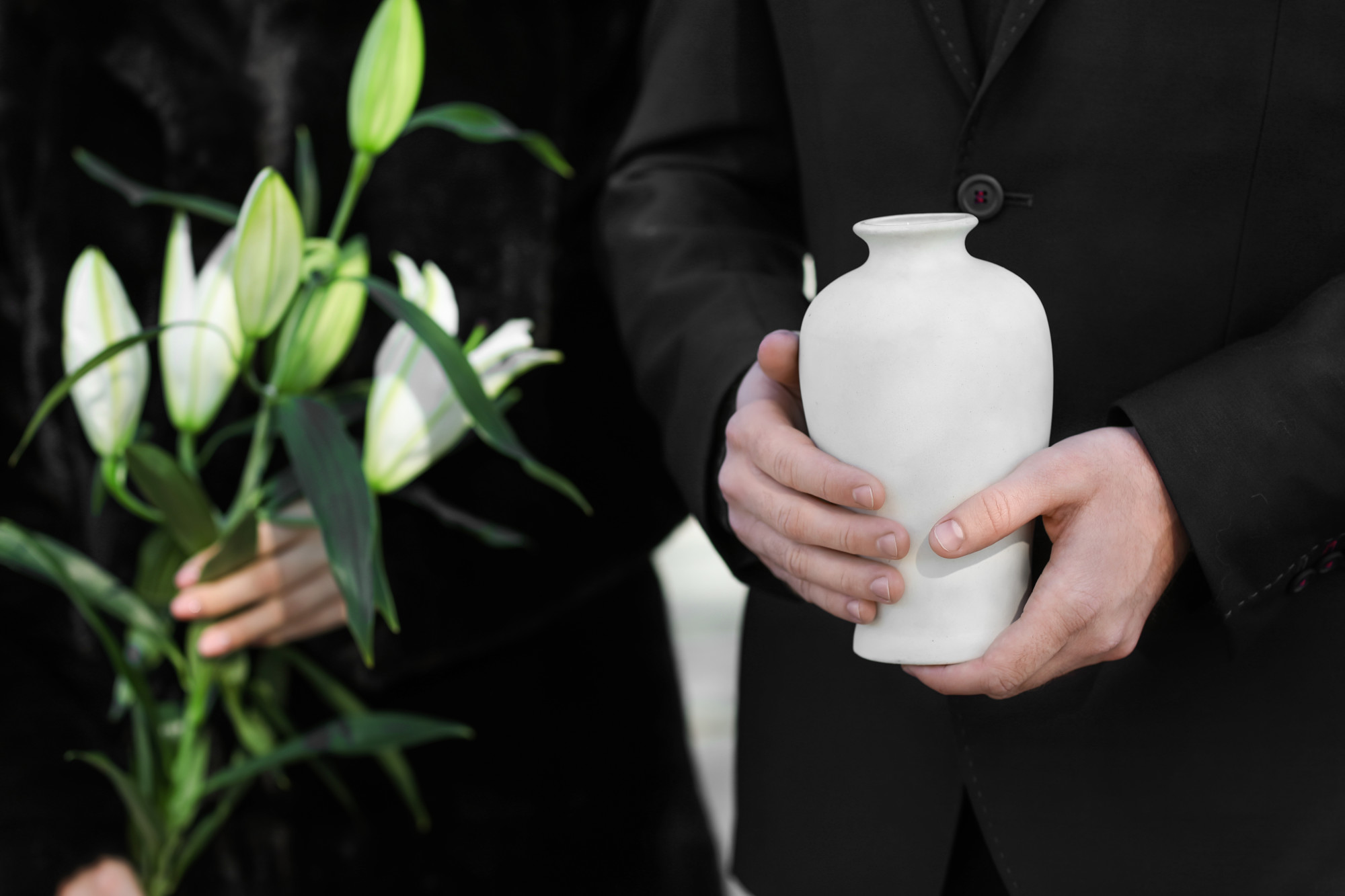Cremation vs Burial: How to Decide What’s Right for You

As of 2018, 53.1% of Americans chose cremation over burial. By 2035, it’s expected that 79.1% of the population will choose this, too.
This means that cremation will soon be the default option after death. What’s making people choose this option anyway? In 2000, only 26.19% of the people chose this; why is it getting so popular now?
If you’re torn between cremation vs burial, check out our guide and see what are the advantages of each option. What makes people choose one or the other? Find out below.
What to Consider When Deciding Between Cremation vs Burial
Before we look at the pros and cons of cremation vs burial, consider the following factors first. You may come across the answer while you assess the following:
1. Religious Beliefs
Did you know that the Catholic Church banned cremation in the past? While it’s acceptable now, the church may still require that you bury the remains and not scatter it.
Some religions still shun this practice for a variety of reasons. For them, the body should still be intact.
If you wish to respect your religion, ask your local church about its views on cremations and burial. Some only discourage it but will still hold a mass for the ashes or the body before cremation.
Your views matter, too. If you think that cremation desecrates the body, then opt for burial even if your church allows cremation.
2. Budget
Consider how much money you’ll leave behind. Take that into account when deciding between getting a cremation or burial.
The cost of cremation is a lot less. You don’t need to buy a plot of land, and you don’t need to buy an expensive coffin and a headstone either.
You only have to make sure you don’t pay for the extra expenses if budget is an issue. Some companies talk families into spending more for some unnecessary things.
3. The Opinion of Family Members
You can also consider the opinion of your family. If you don’t have strong feelings toward either option, ask them what they prefer.
They might like it better if they get to keep an urn in the house, for example. Your spouse may also have a preference, such as resting in a plot of land beside you.
You don’t have to follow what they want, but consider these things when making a decision. Although they may be hesitant to talk about things like this, it’s better for everyone to get involved, especially since they’ll be the ones carrying out your will when the time comes.
4. Environmental Impact
If the effect on the environment is important to you, consider getting a cremation instead.
The process of a burial leaves a significant footprint; the use of embalming fluid, coffin, and tombstone can have adverse effects when buried. Imagine the number of trees it takes to produce coffins, too. In ten acres of a cemetery, there’s enough coffin to build 40 houses.
Cremation has a slight advantage in this case since there’s no need for a coffin and to embalm the corpse. Still, the process itself burns natural gas at a high rate. It also releases greenhouse gases and other chemicals that may be in your body.
Advantages of Cremation
Still unconvinced of either option? Take a look at the advantages of cremation:
More Flexible
With cremation, the choices for memorialization are endless. Your family keep your ashes in an urn and bring it with them every time they move out. This isn’t possible with burial most of the time.
Each member can also have something to remember you by if your family chooses to place some of the ashes in a remembrance necklace for each of them, for instance. They can also choose to celebrate your life by turning the ashes into fireworks. If you feel like shining on even after death, you can even ask your family members to have your ashes turned into a diamond.
More Cost-Effective
A direct cremation can cost as low as $700. That amount might not even cover the cost for a grave plot should you choose the burial option.
The other factors that add to the cost include the choice of an urn and what the family plans to do with the ashes afterward. If they still want to bury it, for example, they have to buy a burial plot. The costs are still less, though, since they need a smaller space.
If they want to scatter the ashes on the ocean, they have to hire a boat for that, too.
Saves on Ground Space
Did you know that cemeteries are running out of ground space? You can help by not contributing to that problem. Your ashes in an urn only require a small space in your family’s property. Even if they choose to keep the urn in the cemetery, it won’t take up too much space.
Can Still Have a Funeral Service
Don’t think that you can’t have a funeral service, though. Your family can still have it before or after cremation.
Advantages of Burial
Cremation sounds better in all aspects, but there are some points wherein burial wins.
Has a Space for Visits
If you choose to have your body buried, your family will have a space for mourning and a place to visit. The gravesite becomes something like their safe space, where they can go if they’re feeling down or want to feel closer to you.
For some families, this is more important than saving money.
Allows for Exhumation
If for some reason, a family needs to exhume the body, they can do so if you have your body buried. Cremation is irreversible; they can’t go back to examine your body if it’s up in ashes.
Can Provide Peace
Sometimes, the traditional process is what the family needs to have proper closure. Following the traditions can give them peace better because of the sense of familiarity. In times of grieving, this is what they may prefer.
Choose What’s Best for You and Your Family
If you have strong feelings against one option, consider that and follow it. This will bring you and your family peace.
Sometimes, it’s not all about how much you’ll save but how your family can achieve peace. However, you’ll be better at peace if you know your family won’t have to worry about expenses.
We hope that our cremation vs burial article helped you, but if you want more tips, check out our other articles, too.



